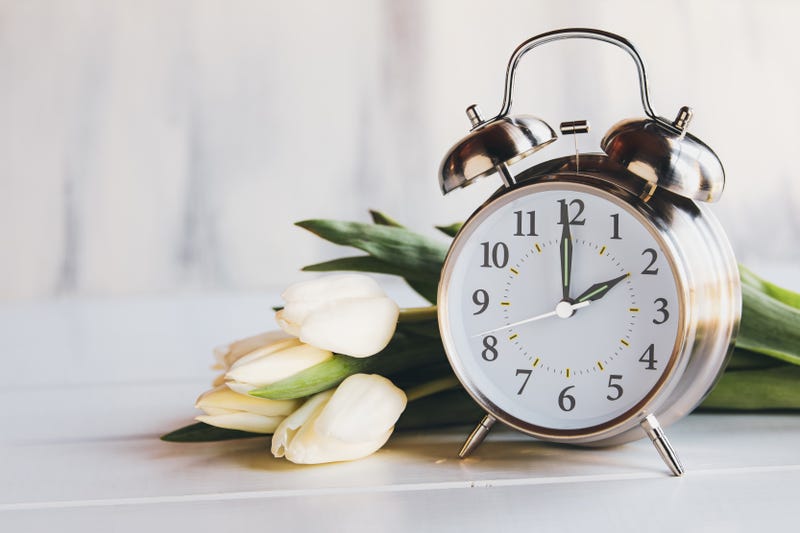
Buffalo, N.Y. (WBEN) – Sunday marked the annual advancing of the clocks by one hour for daylight saving time across North America, as well as several countries in Europe. This change will allow for darkness to fall at a later time on the clock during the warmer summer months.

However, there have been calls for change with regards to the annual changing of the clocks, including the re-introduction of the Sunshine Protection Act by U.S. Sen. Marco Rubio (R-Fla.). This bill would move the U.S. to daylight saving time permanently, and it has garnered bipartisan support in the Senate.
While there is support from the federal government to make a permanent change, some medical experts are recommending for elected officials to re-think things when it comes to making daylight saving time stay for good.
"Right now, the American Academy of Sleep Medicine is giving a huge push back on the bill to make daylight savings as mandatory throughout the year," said Dr. Carleara Weiss, behavioral sleep medicine expert from the University at Buffalo Jacobs School of Medicine. "We have this bill in the Congress trying to make daylight savings time as the standard throughout the year, but the American Academy of Sleep Medicine is going against that, showing how daylight savings time effect our body and health, and is trying to make Standard Time the best option for us for the entire year."
According to Dr. Weiss, she doesn't see any benefit to making the daylight saving time as permanent.
"I think the best benefit would be having the standard time as permanent for us, because that's the one that's most aligned to our natural biological beaten. So this one would be the best for our health," she said.
As of right now, the way the bill in the Senate is worked, there will be one hour of exposure to darkness. This is making people wake up one hour ahead of time from a human's regular internal biological clock, which means that they are forcing everyone's biological clock to work in a time that is not best for their health.
"For thinking abilities, for physical performance, for our hormone revelation, everything that's affected by that one hour that we have," Dr. Weiss said. "If we can maintain that throughout the year, we're going to have times during the year that we're going to be functioning outside with complete darkness, which is not ideal for a biological clock."
While Weiss and other medical professionals understand, from a societal standpoint, the benefits of daylight saving time as a way to increase productivity and make more towards the end of the day, she says there's no future benefit for anyone's health with a change such as this going forward.
"This is more of a political and administrative answer than a scientific answer," Weiss said. "From a scientific standpoint, daylight savings time is not beneficial for health. We've seen an increase in heart attacks after daylight savings time, we see an increase in car accidents after daylight savings time. People are more prone to have difficulty concentrating, fatigue and daytime sleepiness because of daylight savings time."

